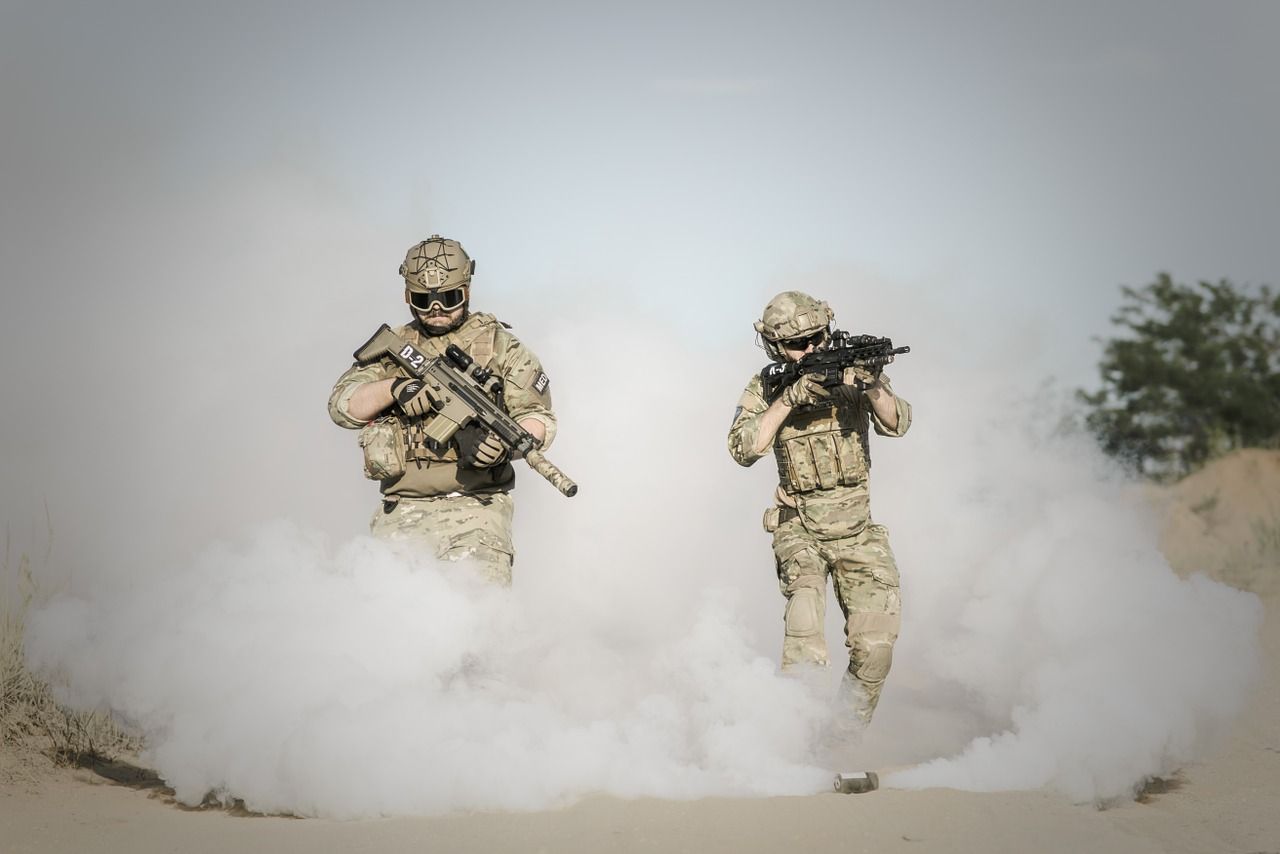The Ongoing Dilemma
The debate between military readiness and medical compassion has become one of the most complex ethical and operational challenges in defense policy today. Commanders must ensure a fighting force that can deploy at a moment’s notice, while healthcare leaders within the military must uphold their oath to treat every service member with dignity and care. Striking the right balance between these two imperatives has never been more important.
Readiness at All Costs?
Readiness remains the cornerstone of any military force. The Department of Defense (DoD) continually reviews its medical accession and retention standards, often tightening waiver policies to ensure recruits and active personnel meet strict physical and psychological requirements. Defense officials argue that even small lapses in medical fitness can jeopardize mission success and increase operational risks.
A 2024 Defense Health Agency report highlighted growing concern about nondeployable personnel rates, suggesting that too much medical leniency can degrade unit cohesion and effectiveness. Policymakers also emphasize that combat zones rarely offer the luxury of immediate medical support—conditions must be prevented before they compromise performance.
The Human and Ethical Side
Still, compassion remains a cornerstone of military medicine. Service members are not disposable assets; they are individuals who have pledged their lives to serve. Ethical military medical practice, as outlined by the Defense Health Board, mandates that clinicians balance mission requirements with their duty to patients. This includes advocating for treatment, recovery, and, when possible, reintegration into service rather than automatic discharge.
Furthermore, compassionate policy strengthens the institution itself. Studies from the Military Medicine Journal show that when troops believe their health and well-being are genuinely prioritized, overall morale and retention improve. Conversely, strict medical disqualifications without pathways for appeal or rehabilitation risk discouraging enlistment and damaging long-term trust between troops and leadership.
Where to Draw the Line
The balance between readiness and compassion should rest on evidence-based judgment rather than rigid exclusion.
1. Contextual Risk Assessment – Not all medical conditions equally impact readiness. Manageable cases such as mild asthma or treated depression should be reviewed on a case-by-case basis rather than blanket bans.
2. Transparent Medical Boards – Independent review panels that include medical experts can ensure fairness and consistency when determining fitness for duty.
3. Transitional Roles and Support – Nondeployable personnel can be retained in limited-duty or support positions while undergoing rehabilitation. This maintains institutional knowledge and demonstrates a commitment to compassion.
4. Continuous Policy Review – Medical standards must evolve alongside science and technology. Conditions that were once disqualifying may now be safely managed with new treatments and monitoring tools.
The Cost of Getting It Wrong
Leaning too far toward readiness risks losing skilled, loyal personnel whose conditions are manageable. On the other hand, overemphasizing compassion could undermine the military’s mission, leading to underprepared units and compromised safety. Each extreme carries its own cost—to lives, to trust, and to national defense.
Effective policy must recognize that readiness and compassion are not opposites but interdependent values. A healthy, supported service member is often a more capable and dedicated one.
Conclusion
The line between readiness and compassion should be drawn with precision, humility, and adaptability. Military leaders must preserve the integrity of the fighting force while ensuring that those who serve are treated with fairness and humanity. Compassion does not weaken readiness—it refines it. The strongest military is not only prepared to fight, but also prepared to care for its own.

